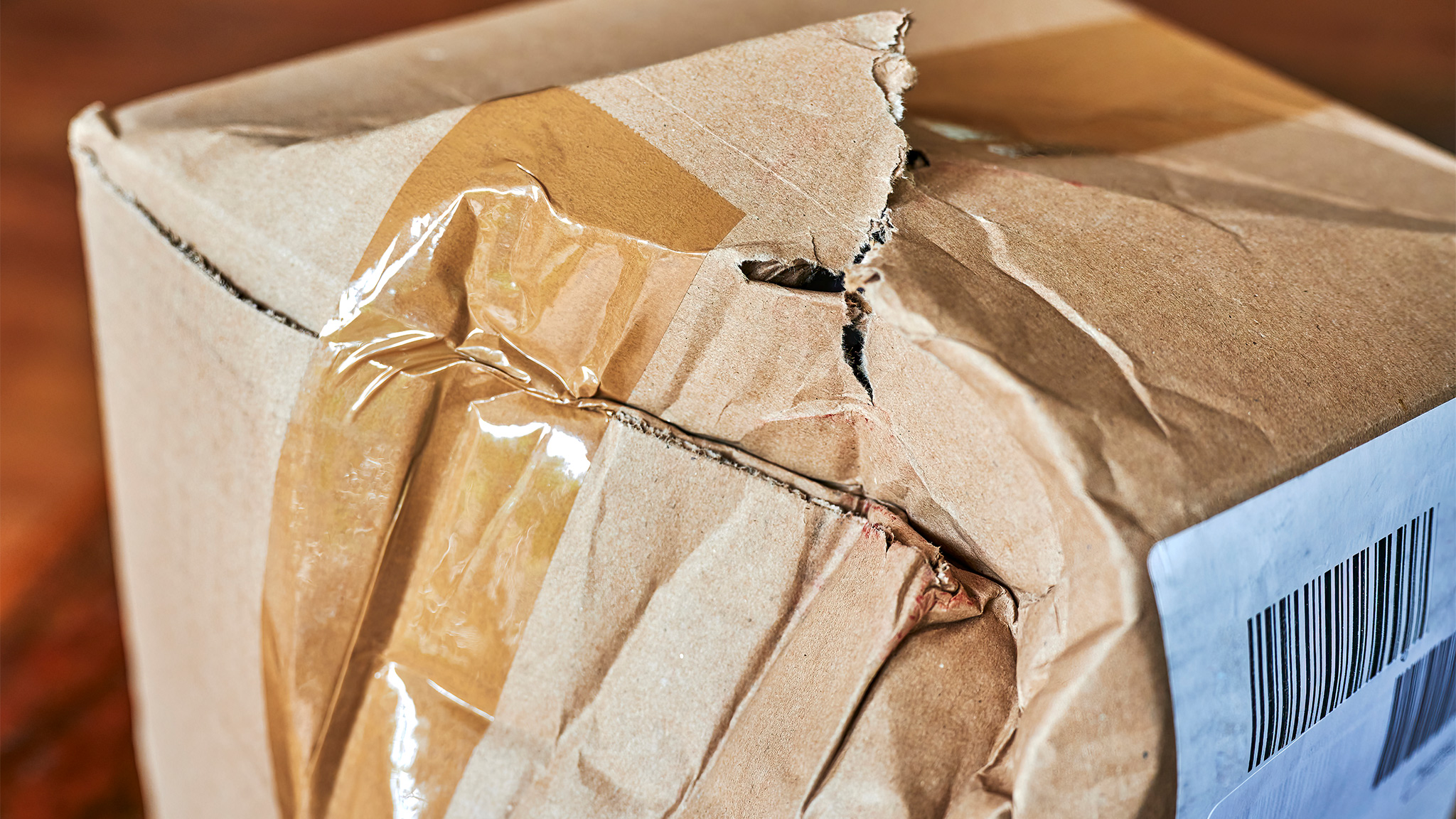Broken or lost parcels are always a nuisance for parcel services. To ensure that customers are not left with damage, DHL offers insurance: parcels with a value of up to 25,000 euros can be insured in this way. COMPUTER BILD reader Patrick N. also wanted to take advantage of this offer when he sent PCs worth several thousand euros to Bulgaria. At the branch he filled out all the necessary documents; an employee received the parcels and checked them. The computers then went on a journey.
The shock in Bulgaria: the recipient, a company, discovered that the computers had broken down on delivery. Apparently something heavy had fallen on the package during shipping and damaged it. Corresponding traces could be seen both on the packaging and on computers. Patrick N. immediately contacted DHL to report the damage and request insurance. But nothing came of it: first, the DHL service kept asking for more photos as proof and finally announced that it was not possible to take charge of the damage. Puzzled, Patrick N. turned to COMPUTER BILD.
When does DHL have to pay?
DHL advertises its insurance on its website as follows: “Compensation for loss or damage, even if DHL is not at fault”. So the company is always required to pay compensation for the damage?
According to Thomas Hollweck, if DHL refuses to pay despite adequate packaging, customers must assert their complaint, preferably by registered letter with acknowledgment of receipt and a period of 14 days.
DHL continues to decline
At the request of the editors, DHL explained its refusal: “In Mr. N.’s case, the Packaging Inspection Agency found that the goods were inadequately packaged. Fair protection for fragile or sensitive contents (such as computers) when shipping by courier is only possible through packaging which frees it from all sides from the forces. Adequate padding means that the goods can jump into the cushioning material to absorb energy. This did not happen in the shipment in question none of that. Against this background, unfortunately we had to accept the disclaimer.” Reader Patrick N. does not want to settle for this refusal and is now turning to a lawyer.


